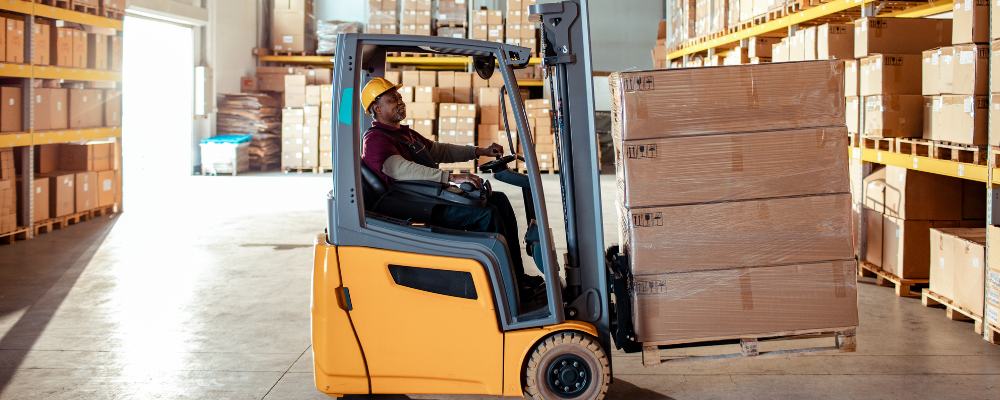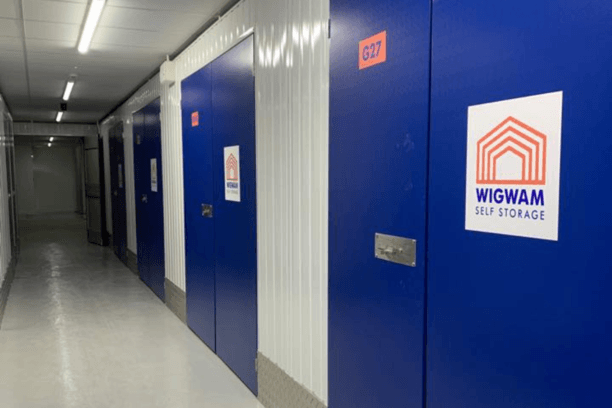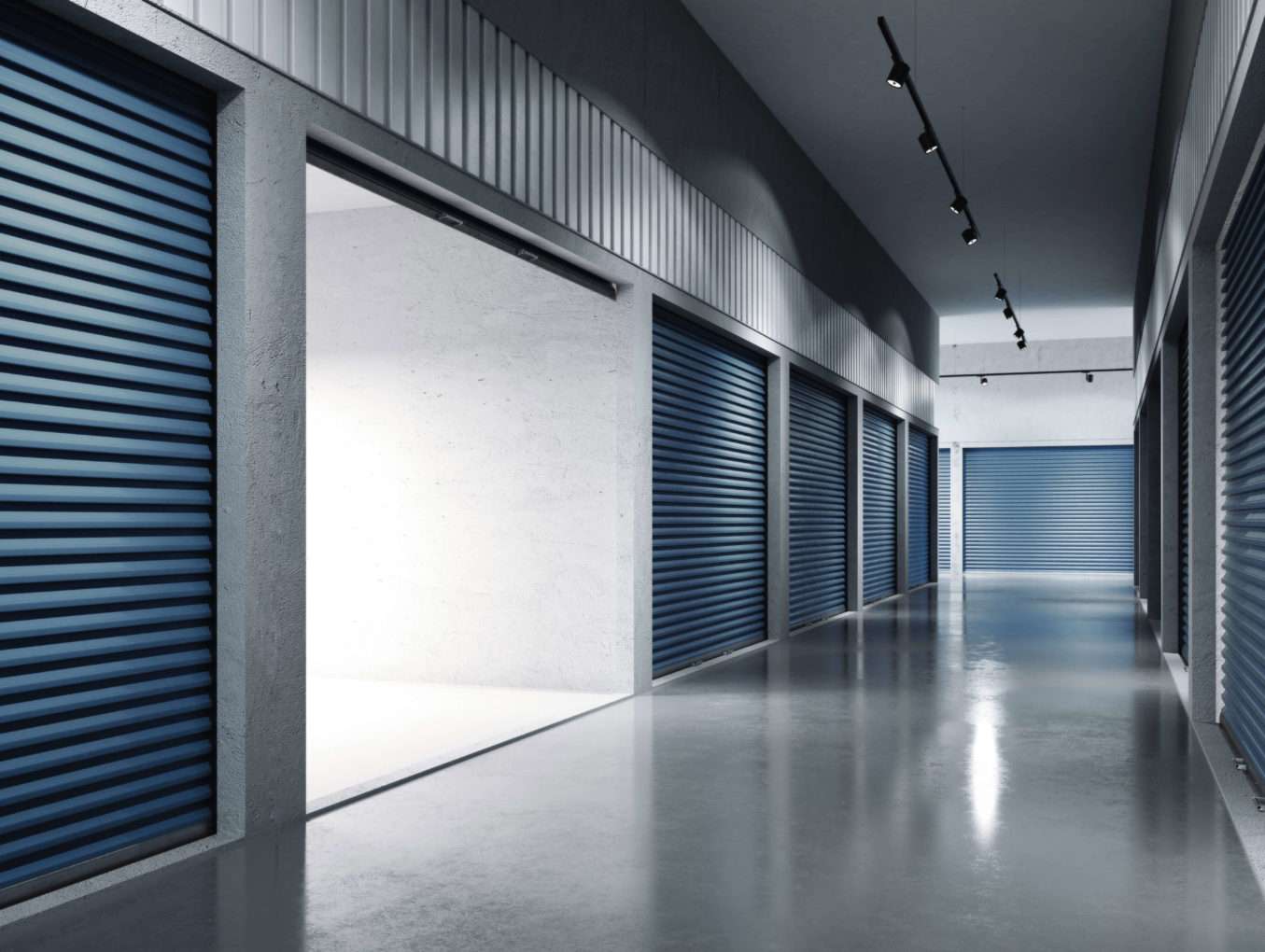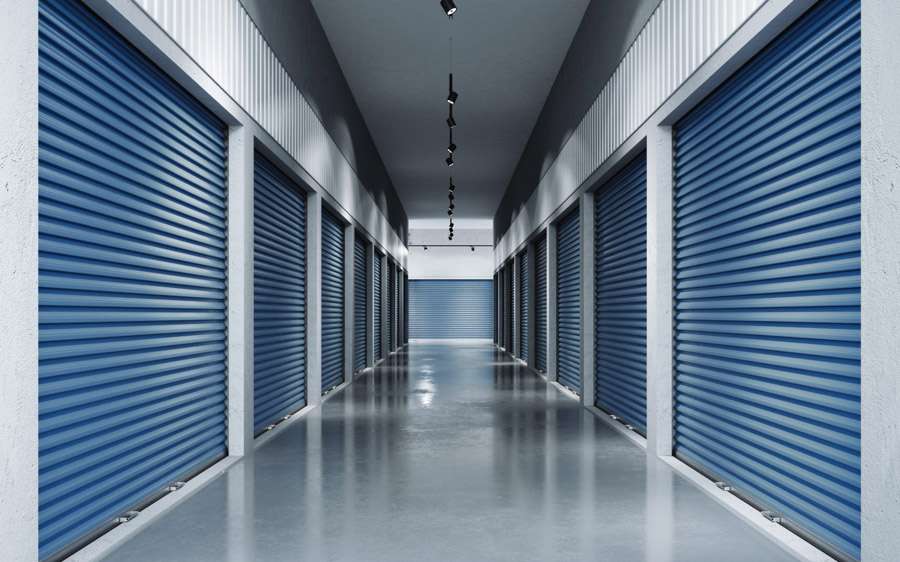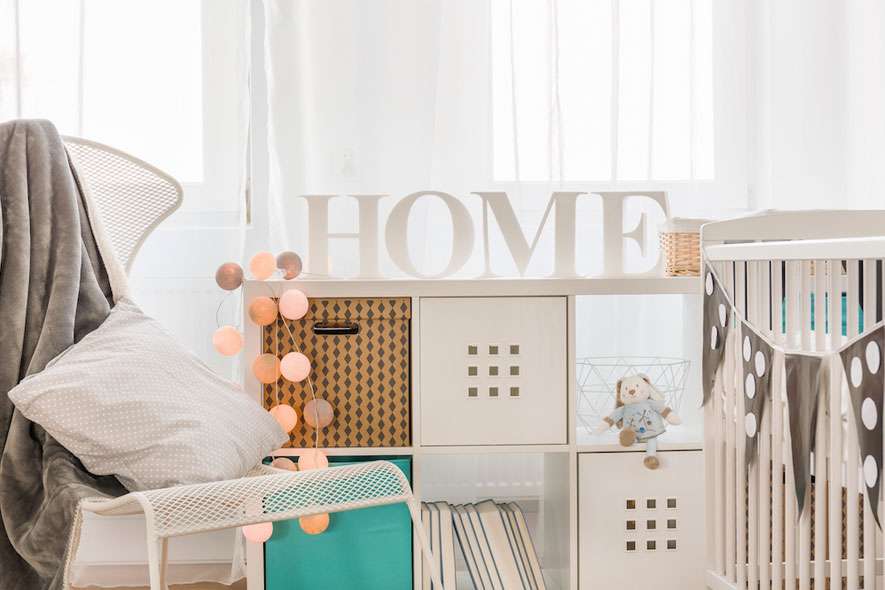Self storage has gained in popularity over the years, providing a convenient solution for all kinds of space-related needs. However, it’s not uncommon to have a few questions before you dive into this service.
In this blog post, we’ll address the five main questions everyone has about self storage. These questions cover the basics of self storage and are essential for anyone considering renting a storage unit.
How Does Self Storage Work?
The concept of self storage may be unknown to some of you reading, so it’s natural to wonder how it all works. Self storage facilities offer variously sized units that you can rent on a monthly basis. You are responsible for moving your items in and out of your rented unit, although many facilities have moving services that can help assist with this part of the journey. Here’s how the process works from start to finish:
- Looking: The first step of renting a storage unit involves contacting a local self storage facility, either in person, by phone, or online, to inquire about their availability and pricing. Many facilities have websites that allow you to reserve and pay for a unit online.
- Choosing: Units come in various sizes, from small lockers to spacious warehouse-style spaces. To determine the best size, create an inventory of the items you plan to store. Most facilities have knowledgeable staff who can help you choose the right size based on your list, and some even have online size calculators.
- Moving: Once you’ve rented a unit, it’s time to move your belongings in. This step is typically a DIY process. Some facilities offer moving equipment like forklifts or helpful staff to assist with this process. Be sure to pack your items securely and use appropriate storage containers (like cardboard moving boxes) to protect them from dust and potential damage.
What Are the Different Types of Self Storage?
You didn’t think there was just one type, did you?
Self storage facilities have come a long way from being a standard 4X4 metre room. They have evolved into versatile spaces catering to various storage needs. Whether you’re a homeowner, business owner, or student, there’s a type of self storage ideally suited to your situation.
Types of Self Storage
Personal Storage
Personal storage is the most common type of self storage and is mostly used by individuals for residential purposes. These units come in various sizes, allowing you to store furniture, appliances, seasonal items, and more.
Business Storage
Business storage is tailored to the needs of companies and entrepreneurs. It’s an excellent option for storing excess inventory, office equipment, and business records. Whether you run a small e-commerce business or a large enterprise, business storage can help streamline your operations by providing additional space for your business-related items.
Student Storage
For students, self storage offers a flexible solution during transitional phases of student life, such as moving between semesters, studying abroad, or dealing with everyday limited dormitory space. Student storage is ideal for storing furniture, textbooks, and personal items while you focus on your studies or travel.
Document Storage
Document storage facilities specialise in securely storing sensitive documents, files, and records. Businesses, law firms, healthcare providers, and government agencies often use document storage to meet legal requirements and maintain well-organised archives. It’s a smart choice for protecting valuable information and freeing up essential office space.
Container Storage
Storing your personal belongings or business goods in a secure storage container is not only a convenient storage solution but a cost-effective one. These containers are expertly designed to withstand harsh weather conditions and provide maximum protection for your belongings.
What Size Storage Unit Do I Need?
Choosing the right size storage unit can be a challenge. The size of your unit directly impacts how efficiently you can store your belongings and, ultimately, how much you’ll pay in storage costs. By taking the time to assess your belongings and plan accordingly, you can ensure that your self storage experience is as cost-effective and space-efficient as possible.
To find the perfect fit, do the following:
- Make a list of all the things you intend to place in storage
- Categorise your items based on their size and how frequently you’ll need to access them
- Check the unit sizes available
- Talk with the self storage staff about your needs
What Are the Costs of Renting a Self Storage Unit?
Before you dive into renting one, it’s vital to understand the different costs that come with this spacious service.
1. The Monthly Rental Fee
The most obvious cost of renting a self storage unit is the monthly rental fee. This fee varies based on several factors, including the location of the facility, the size of the unit, and any additional amenities or services provided.
2. Security Deposit
Many storage facilities require a security deposit, which is a refundable fee meant to cover any potential damage to the unit or unpaid rent. Make sure you ask about the facility’s policy regarding security deposits and under what circumstances they may refund it.
3. Insurance Costs
While storage facilities will have security measures in place, insurance coverage for your belongings is sometimes an extra cost. Find out what insurance options are available at the facility and choose a level of coverage that best suits your needs. The insurance cost will depend on the value and nature of your stored items.
4. Late Payment Fees
To avoid late payment fees, paying your monthly rent on time is important. Storage facilities typically charge late fees for overdue payments, which can vary in amount. Make sure you understand the facility’s policy on late payments to avoid any unexpected charges.
5. Additional Services
Some self storage facilities offer additional services, such as moving and packing supplies, truck rentals, or assistance with moving your items in and out of the unit. These services can come at an extra cost, or they may be included as free features, so be sure to ask before you sign any contracts.
What Amenities Are Available at the Best Self Storage Facilities?
When you’re renting a self storage unit, it’s not just about having a place to store your belongings — it’s also about enjoying convenient amenities that enhance your storage experience. Here are some of the best features a self storage facility will offer in addition to taking great care of your stuff!
- Van Hire: Hiring a van can be a game-changer when you’re moving your belongings to or from your storage unit. It saves you the hassle and cost of renting a moving van separately.
- On-Site Packaging Shop: Whether it’s sturdy boxes, bubble wrap, packing tape, or other essential packing materials, having a well-stocked packaging shop on site simplifies the process of preparing your items for storage.
- 24/7 Access: Modern life can be unpredictable, and sometimes you need access to your stored items outside of regular business hours.
- Modern Security Features: The best self storage facilities invest in modern security features to protect your items. These may include surveillance cameras, access control systems, and individual alarm systems for each unit.
Where Is the Best Place To Rent a Self Storage Unit?
Wigwam Self Storage, of course! Check out our exceptional self storage facilities in Chipping Norton, Bromsgrove, and Shipston-on-Stour. We provide a wide range of storage unit sizes, catering to your diverse needs. Whether you require personal storage for household belongings, spacious storage containers, or a dedicated space for business growth, securing an affordable self storage solution has never been more convenient.
Get your quote with us today!

